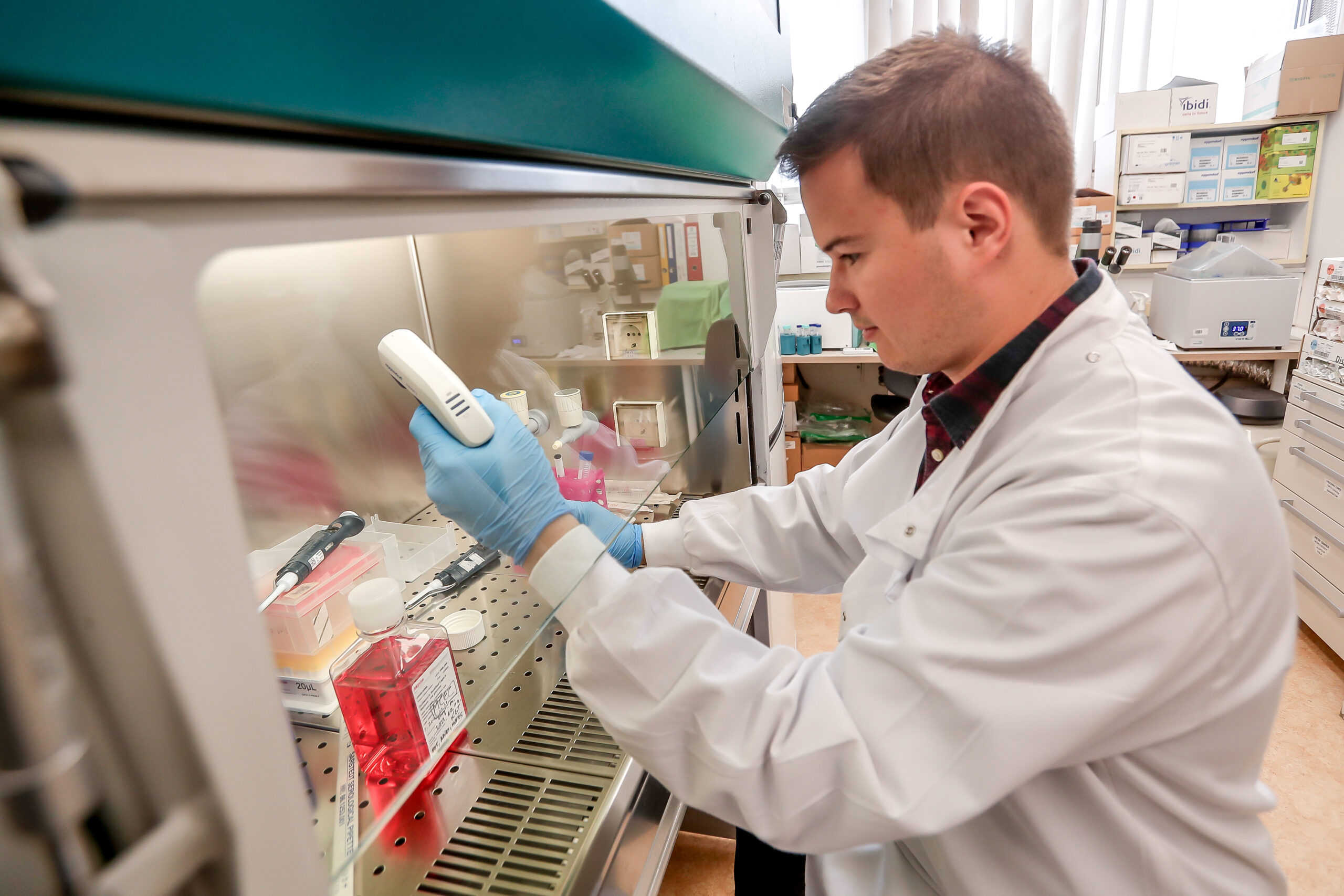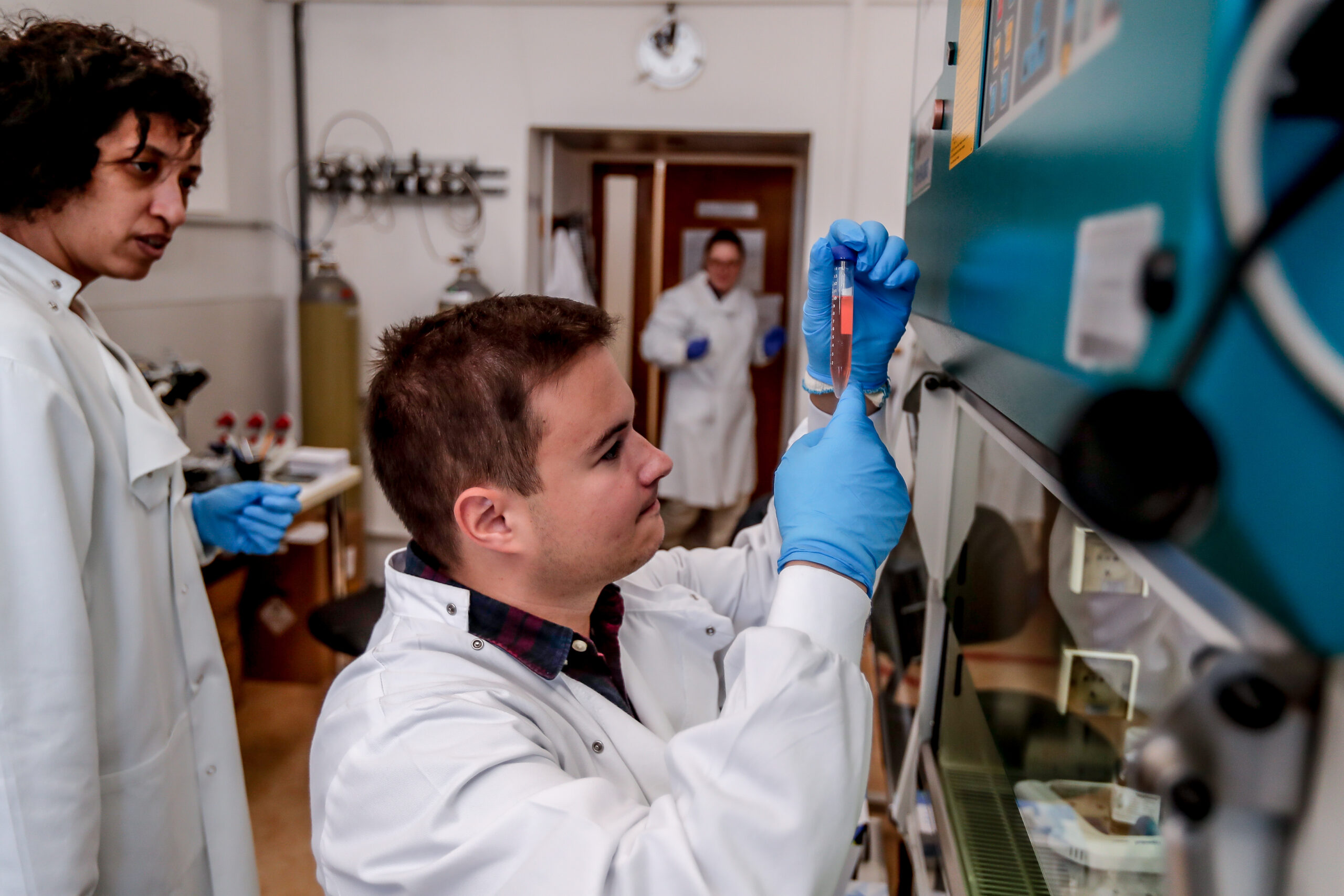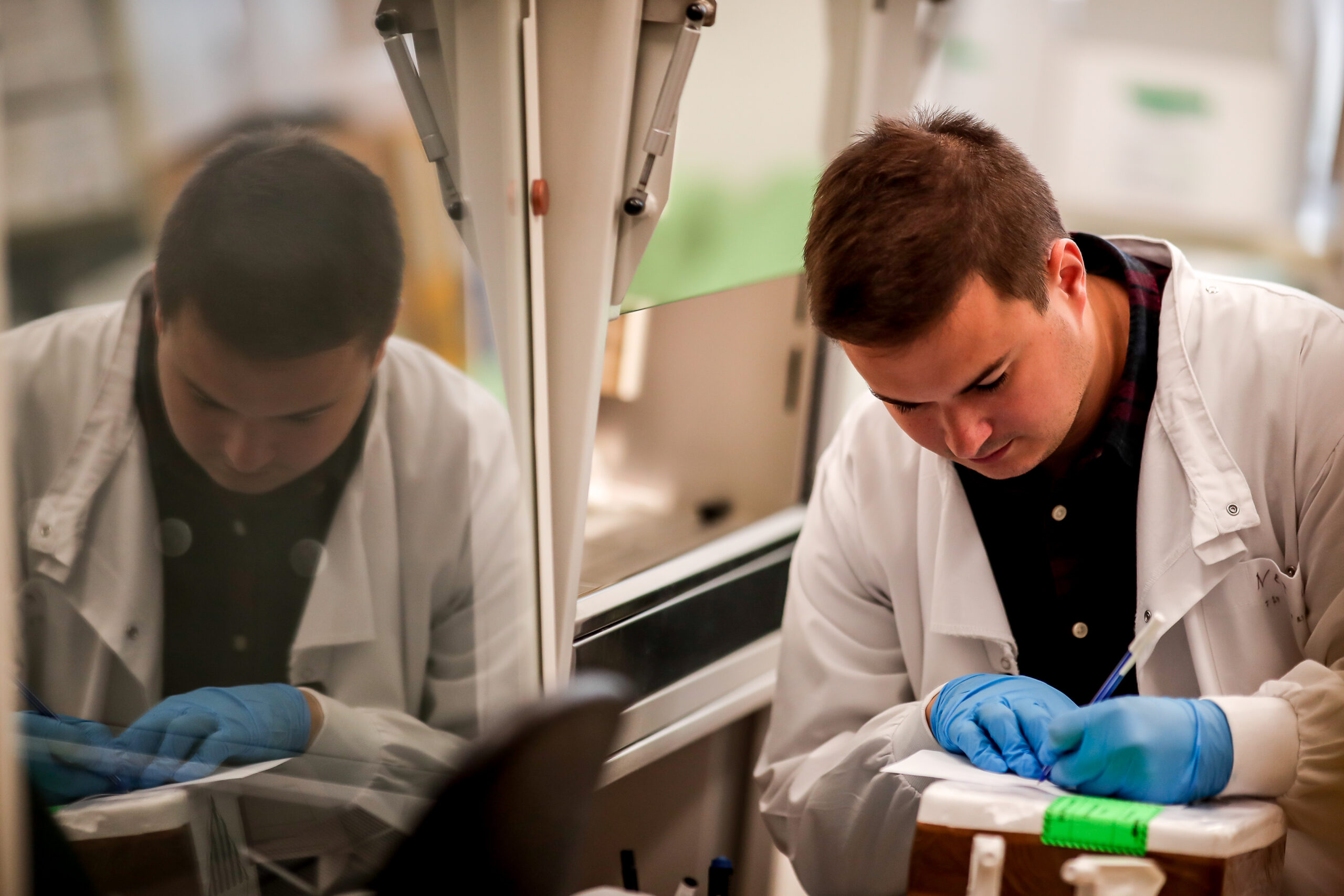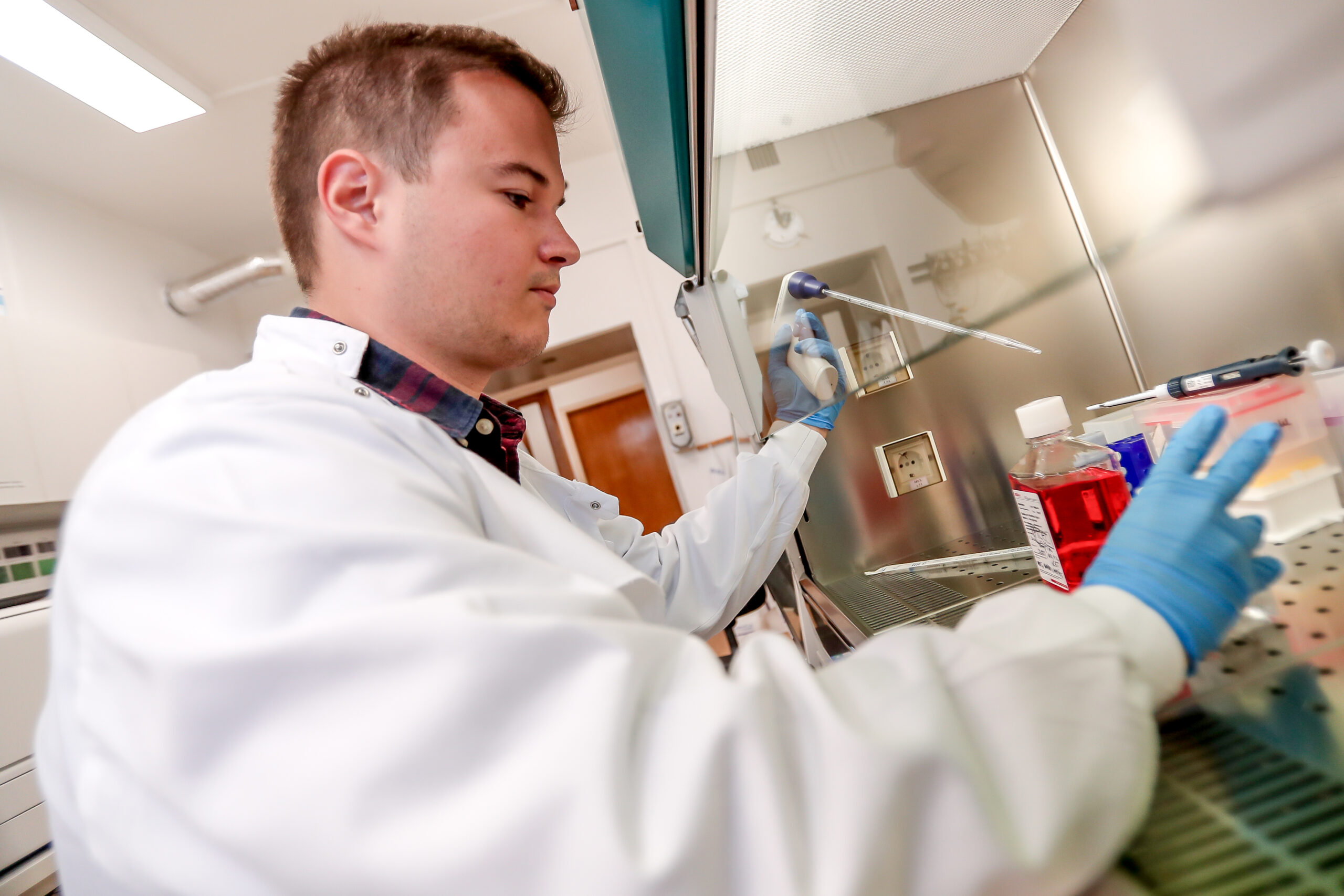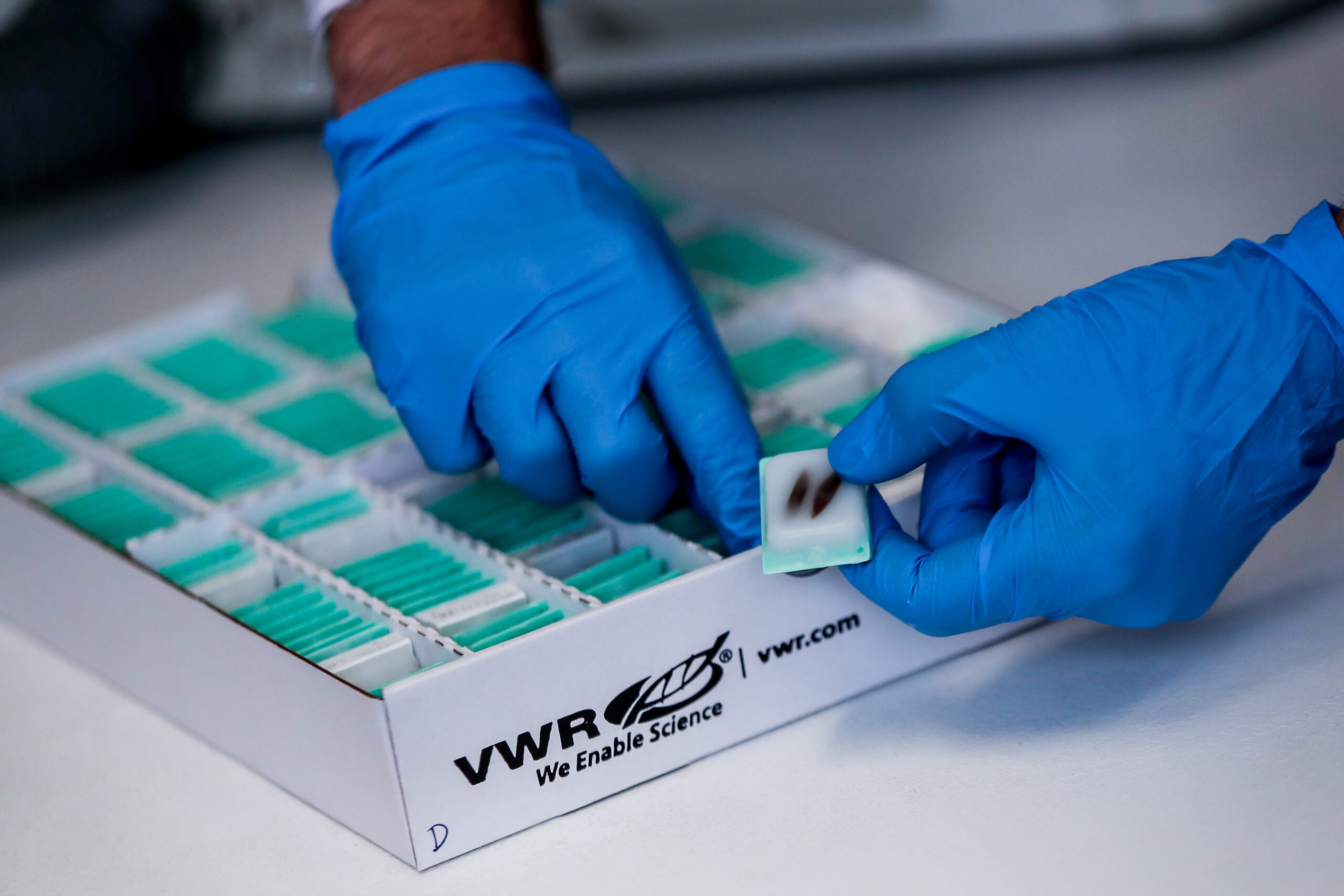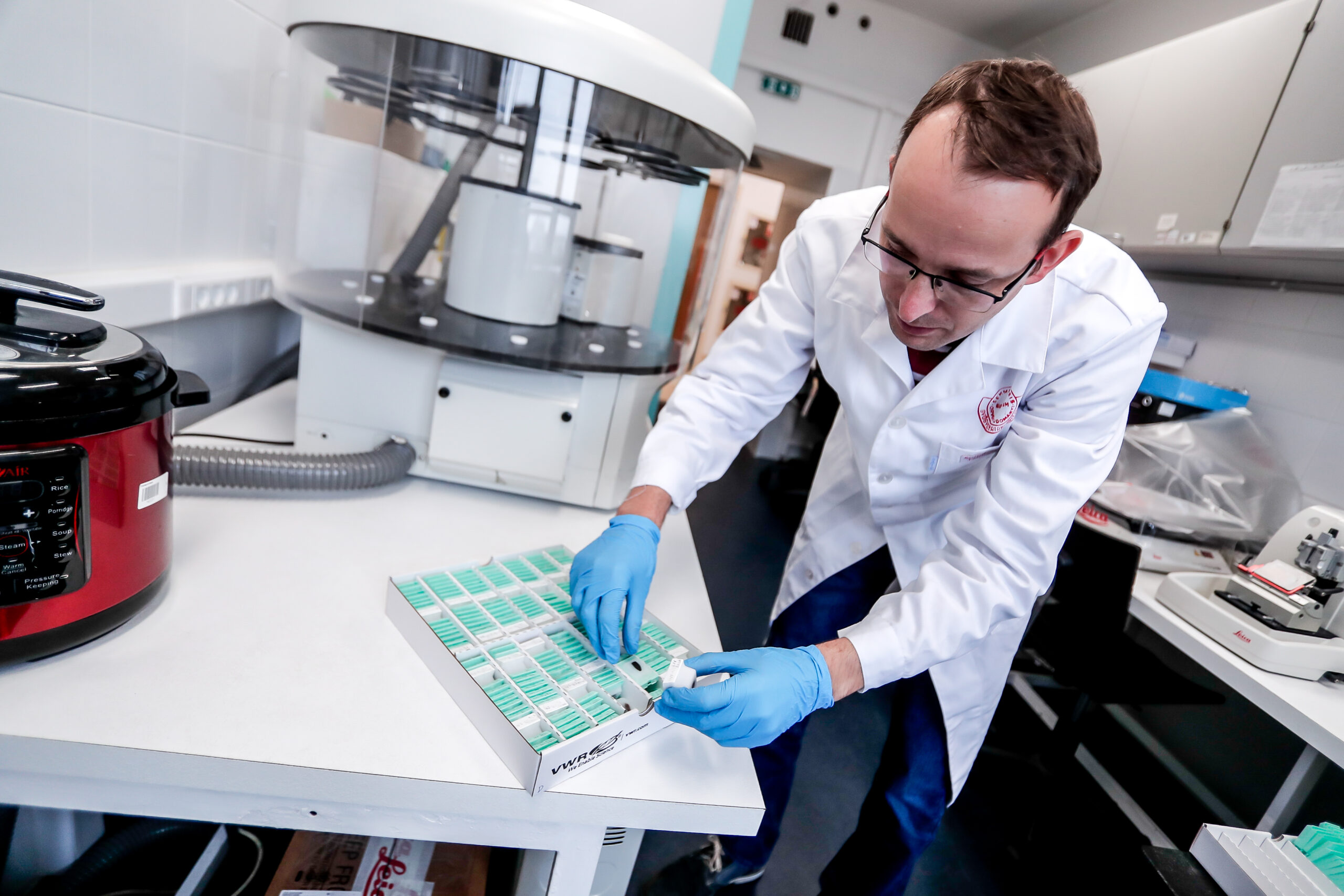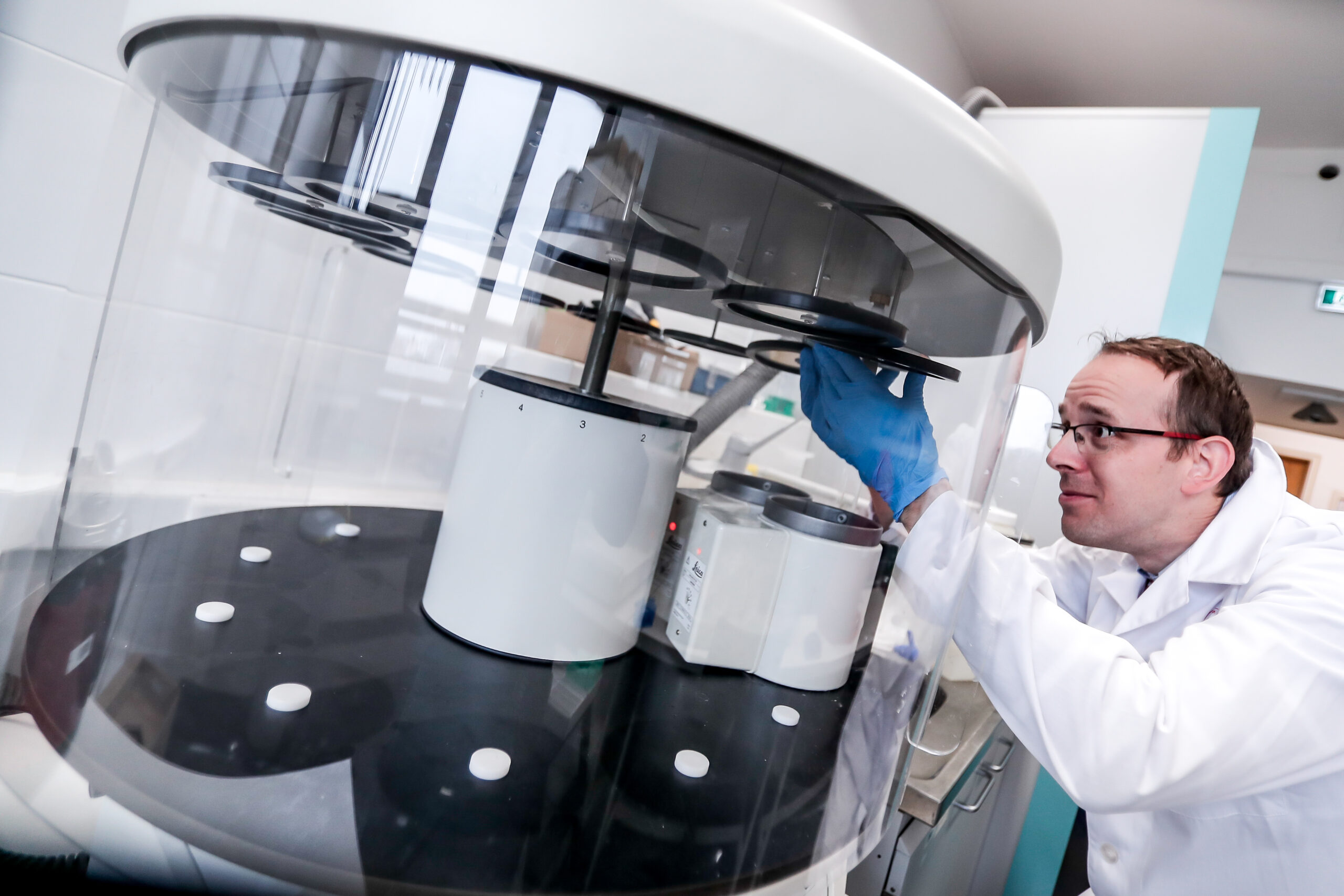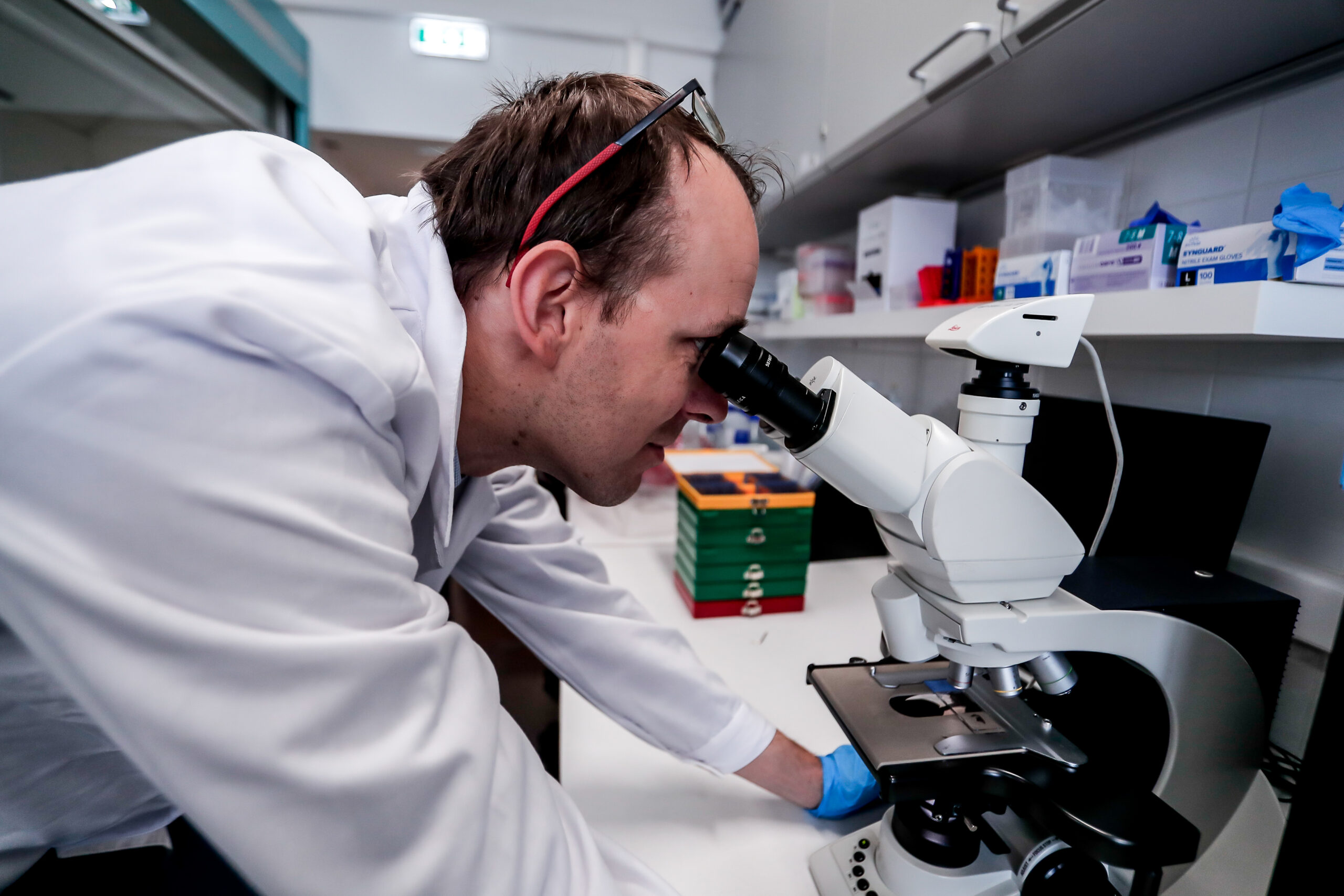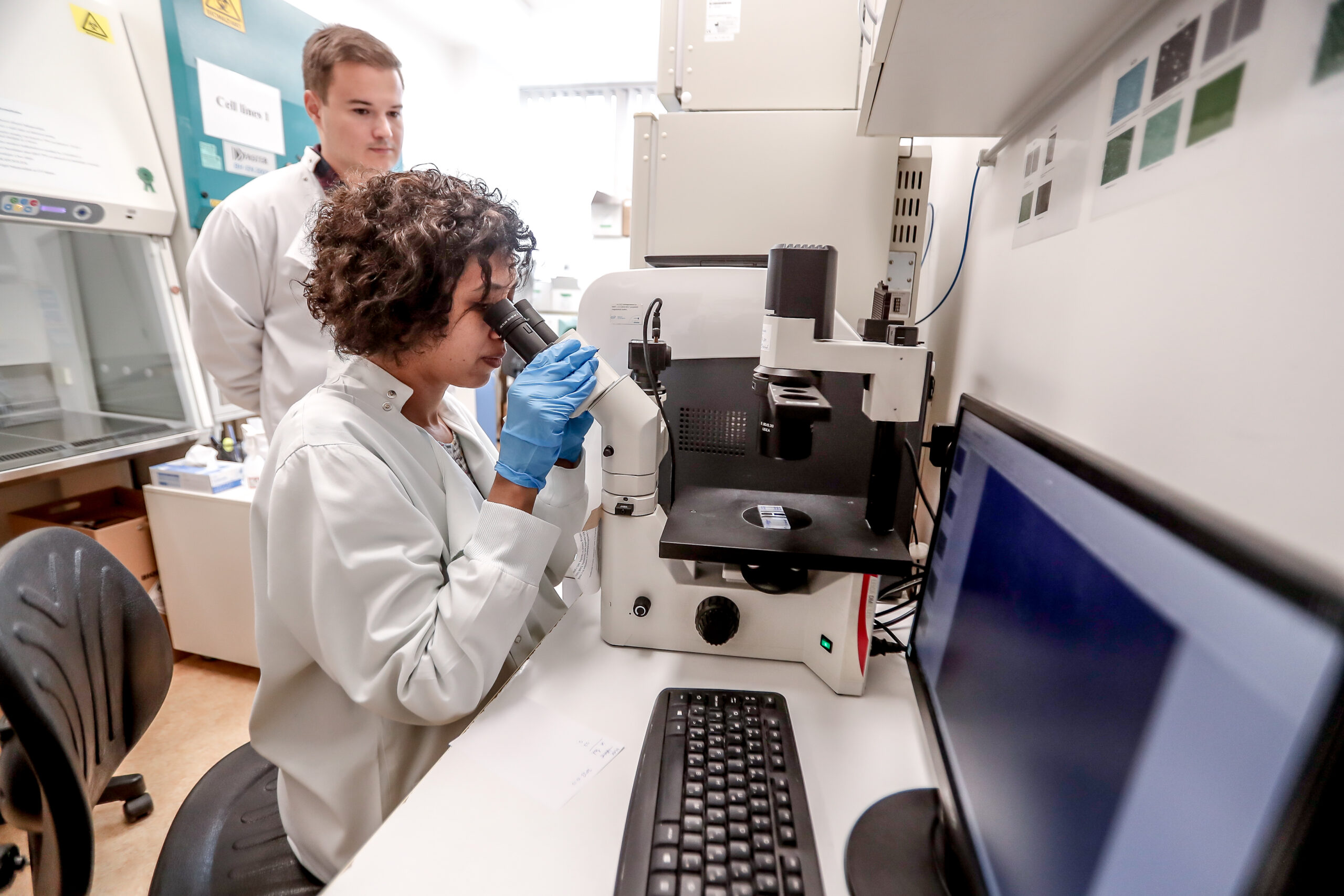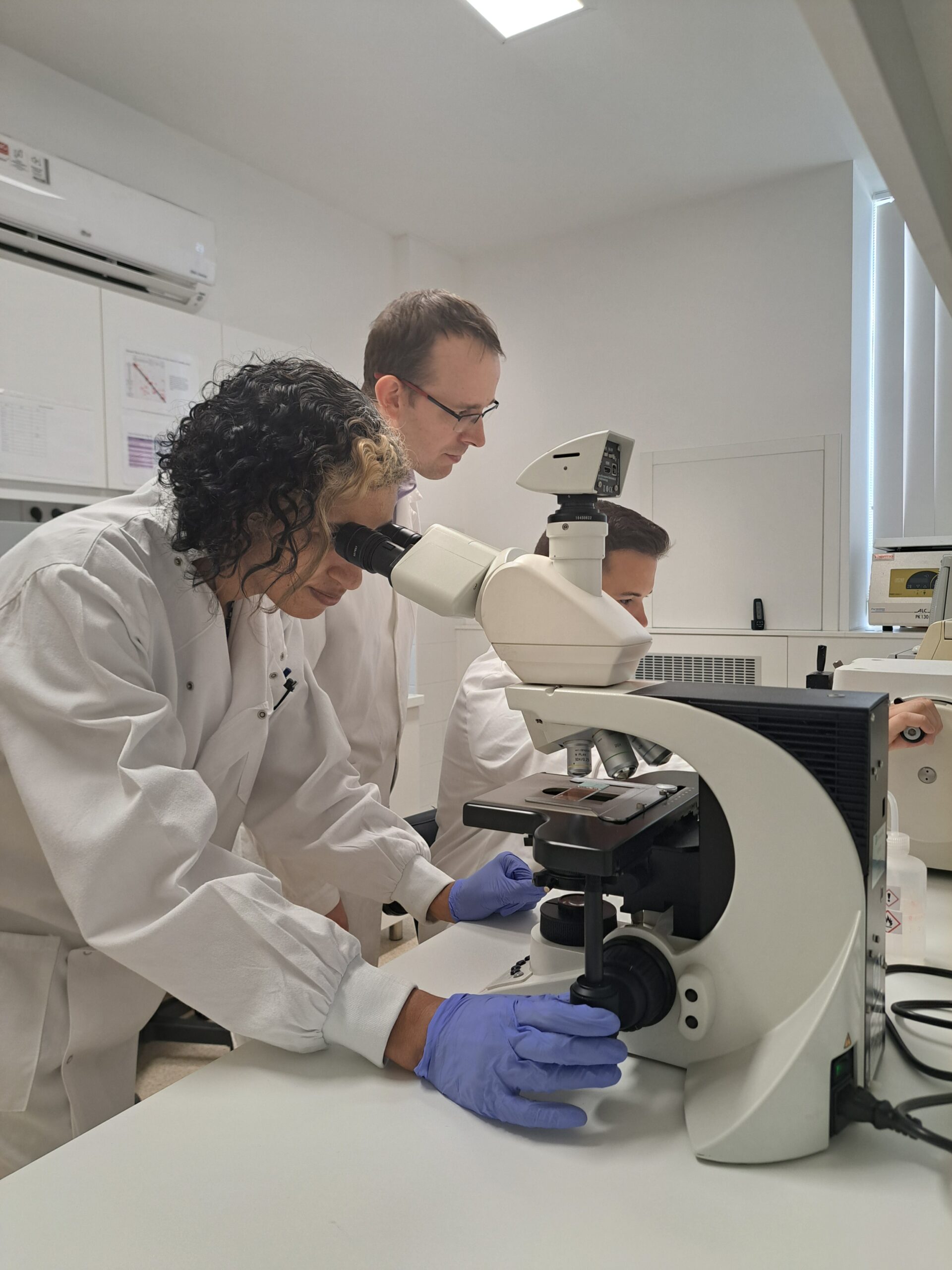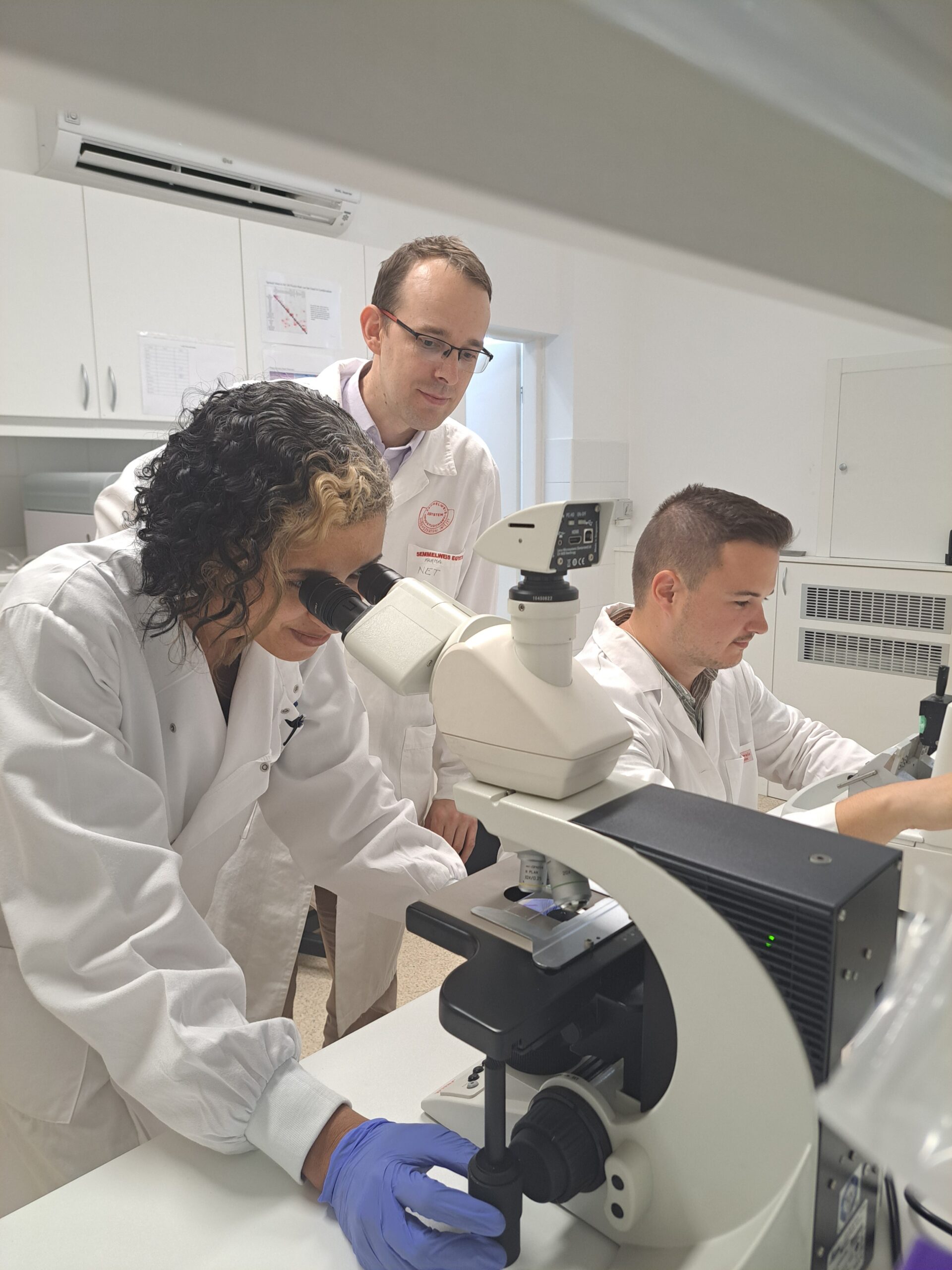Projects
Our research aims to better understand the interplay between the cardiovascular system and the nervous system. Specifically, we are focusing on the connection between myocardial infarction/heart failure and major neurodegenerative diseases including Alzheimer’s disease, and amyotrophic lateral sclerosis/frontotemporal dementia (ALS/TFD). We are particularly interested in molecular mechanisms that underlie cell death in these diseases including endoplasmic reticulum mitochondrial signalling and intracellular transport. We have shown damages to these cellular processes in some forms of dementia and ALS/FTD, and these are also involved in some cardiovascular diseases. We are currently investigating this further with special focus on therapeutic routes for correcting these types of damages.
Current research themes include
- New, organelle based therapeutic approaches for myocardial infarction.
- Developing novel tools to analyse ER-mitochondria signalling and cellular functions.
- Histological and cellular investigation of mechanism of drug action.
We are always looking for talented project (TDK) and PhD students. Send your letter of interest and CV to the principal investigator.
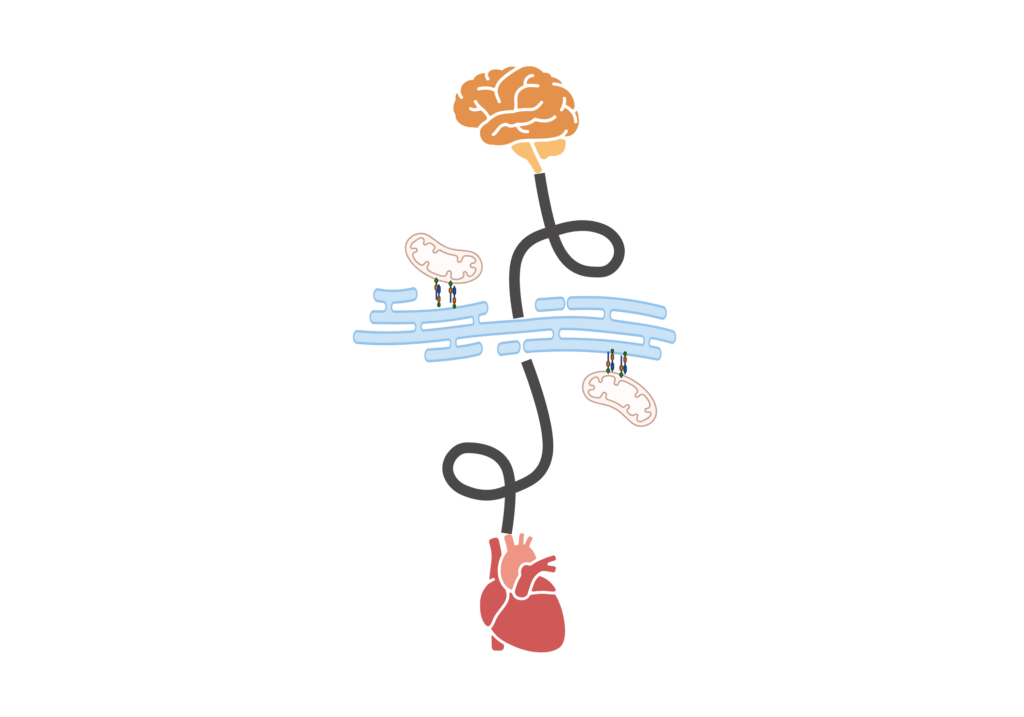

Key publications
Markovinovic A et al., 2024 Stimulating VAPB-PTPIP51 ER-mitochondria tethering corrects FTD/ALS mutant TDP43 linked Ca2+ and synaptic defects. Acta Neuropathol Commun.
Mórotz GM et al., 2022 The PTPIP51 coiled-coil domain is important in VAPB binding, formation of ER-mitochondria contacts and IP3 receptor delivery of Ca2+ to mitochondria. Front Cell Dev Biol.
Gomez-Suaga P et al., 2022 Disruption of ER-mitochondria tethering and signalling in C9orf72-associated amyotrophic lateral sclerosis and frontotemporal dementia. Aging Cell
Mórotz GM et al., 2019 LMTK2 binds to kinesin light chains to mediate anterograde axonal transport of cdk5/p35 and LMTK2 levels are reduced in Alzheimer’s disease brains. Acta Neuropathol Commun.
Mórotz GM et al., 2012 Amyotrophic lateral sclerosis-associated mutant VAPBP56S perturbs calcium homeostasis to disrupt axonal transport of mitochondria. Hum Mol Genet.
To view all publications Google Scholar, PubMed, MTMT
Key collaborators
Professor Chris Miller, King’s College London
Dr Kornélia Szebényi, HUN-REN TTK
Funds
OTKA from the National Research, Development, and Innovation Office (NKFIH) of Hungary
János Bolyai Research Fellowship of the Hungarian Academy of Sciences
New National Excellence Program of the Ministry for Culture and Innovation
Members
Principal investigator, Research fellow:
PhD student:
Research assistant:
Gallery
